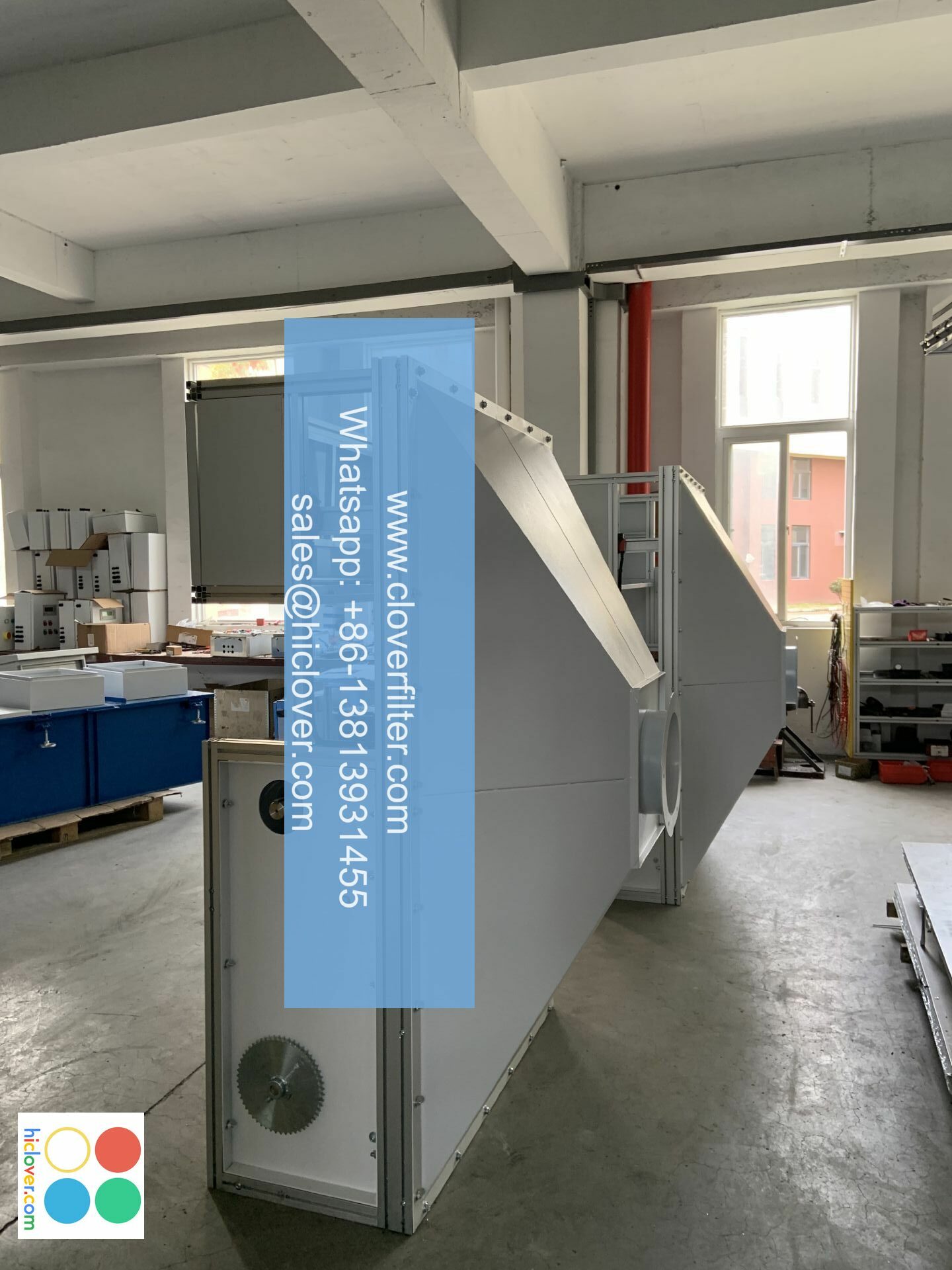Benefits of Air Filters

The Benefits of Air Filters: Improving Indoor Air Quality and Health
Introduction
Air filters play a crucial role in maintaining a healthy and safe indoor environment by removing pollutants, allergens, and other impurities from the air we breathe. With the increasing awareness of indoor air quality (IAQ) and its impact on health, air filters have become a vital component of modern living spaces. In this article, we will explore the benefits of air filters and their applications in various settings.
Improved Indoor Air Quality
One of the most significant benefits of air filters is their ability to improve indoor air quality. By removing pollutants such as particulate matter (PM), nitrogen dioxide (NO2), and volatile organic compounds (VOCs), air filters help to reduce the risk of respiratory problems and other health issues. This is particularly important for individuals who suffer from respiratory conditions such as asthma.
Enhanced Health Benefits
Air filters can also enhance overall health by reducing exposure to allergens and irritants. By removing dust, pollen, and other particles from the air, air filters can help to alleviate symptoms of allergies and other respiratory conditions. Additionally, air filters can help to reduce the spread of airborne diseases by capturing viruses and bacteria.
Applications in Various Settings
Air filters are not just limited to residential settings. They are also used in various industries and applications, including:
Commercial Spaces
Air filters are essential in commercial spaces such as offices, shopping malls, and restaurants. By improving indoor air quality, air filters can help to reduce employee absenteeism and improve productivity. Additionally, air filters can help to reduce the spread of airborne diseases in densely populated areas.
Industrial Settings
Air filters are critical in industrial settings where pollutants and hazardous materials are present. By removing pollutants and particles from the air, air filters can help to reduce the risk of respiratory problems and other health issues.
Healthcare Facilities
Air filters are particularly important in healthcare facilities where patients and staff are vulnerable to airborne pathogens. By capturing viruses and bacteria, air filters can help to reduce the risk of hospital-acquired infections and improve patient outcomes.
Agricultural Settings
Air filters are also used in agricultural settings to improve air quality and reduce the risk of respiratory problems for farmers and workers. By removing pollutants and particles from the air, air filters can help to improve crop yields and reduce the risk of pesticide exposure.
Conclusion
In conclusion, air filters play a vital role in maintaining a healthy and safe indoor environment. By improving indoor air quality, enhancing health benefits, and reducing exposure to pollutants and allergens, air filters can help to improve overall well-being. Whether in residential, commercial, industrial, healthcare, or agricultural settings, air filters are an essential component of modern living.
I’m here to help. What would you like to talk about or accomplish?

